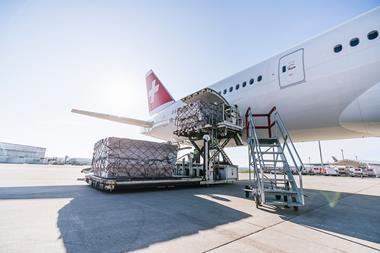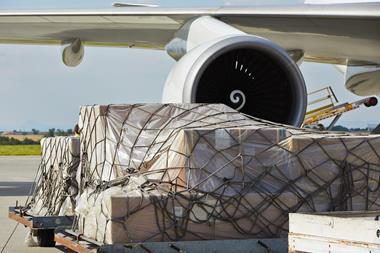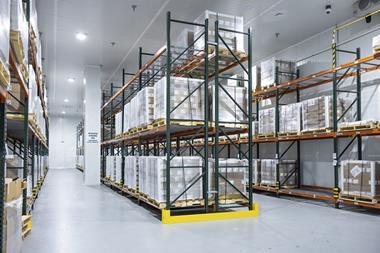UK forwarders’ body the British International Freight Association (BIFA) is predicting “a very hectic start” to 2024 for its members.
It follows the Government’s publication on 29 August of the Border Target Operating Model (BTOM), which sets out the country’s new import security and biosecurity import controls, following the country’s withdrawal from the European Union.
New controls on UK exports to the EU are already in place, in the wake of Brexit, but the UK government has held off from imposing similar controls on imports, postponing the deadline for introduction several times.
At the same time, His Majesty’s Revenue and Customs (HMRC) is in in the process of introducing a new customs IT system, CDS, (Customs Declaration Service) to replace the aging CHIEF (Customs Handling of Import and Export Freight) computer.
CDS is now handling import declarations but is due to take over export declarations too in March 2024, the cutover having been postponed from November 2023.
BIFA director general, Steve Parker said: "Our members will already be in the process of moving all export declarations from CHIEF to CDS by 30 March 2024 and will now need to make sure they are ready for the delayed introduction of remaining sanitary and phytosanitary controls, as well as full customs controls for non-qualifying Northern Ireland goods, which will now be introduced from January 2024.
"Then from April 2024, they will also have to implement checks on medium risk animal products, plants, plant products and high risk food (and feed) of non-animal origin from the EU.”
Parker added: "This further delay to the overall timetable is actually relatively short. Those BIFA members that are actively involved in handling the movement of products imported into the UK for which Sanitary and Phytosanitary (SPS) checks; safety and security declarations; and health certifications are required will be hoping that they will see a return on the time and money that they have invested in staff and resources to meet the original and five times revised implementation timetable.
“Those members, along with the trade association, have been cautious with any government announcements setting out new dates and an implementation timetable for the BTOM, and will continue to be so, as uncertainties remain.”
Parker warned also that it was already clear that the BTOM did not address concerns raised by BIFA with the government’s Department for Environment Food and Rural Affairs (DEFRA) over whether existing Port Health Authorities would be able to handle international trade.
Moreover, he said, it appeared that implementation of the new BTOM was dependent on the successful implementation of another UK government scheme, the Single Trade Window (STW), which aims to simplify import processes by reducing the number of separate declarations that traders need to make.
Parker commented: "There are references to the STW which is still very much under development. It is important to emphasise that the implementation of the BTOM is reliant on the implementation of a workable STW, as the two programmes are dependent on one another.
"After the STW has been developed, additional time will be needed to link commercial IT systems to the STW. In view of the fact that large IT projects are often delayed there has to be concern regarding the envisaged timetable.”
Even now, the long drawn out process of introducing the BTOM may not be finally over, he concluded, saying: "Some comments in the document state that certain elements of the BTOM have not been finalised and that the timetable may be changed at a later date."
https://www.aircargonews.net/freight-forwarder/uk-government-weighs-up-a-standard-for-customs-intermediaries/
https://www.aircargonews.net/business/supply-chains/uk-moves-to-a-phased-approach-for-export-declaration-switchover/















